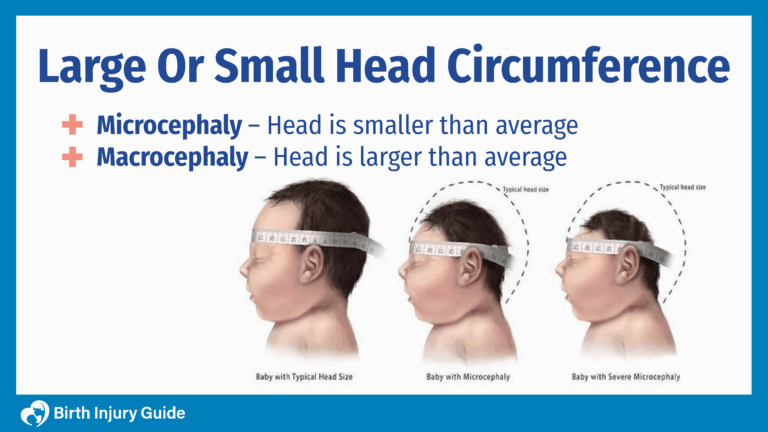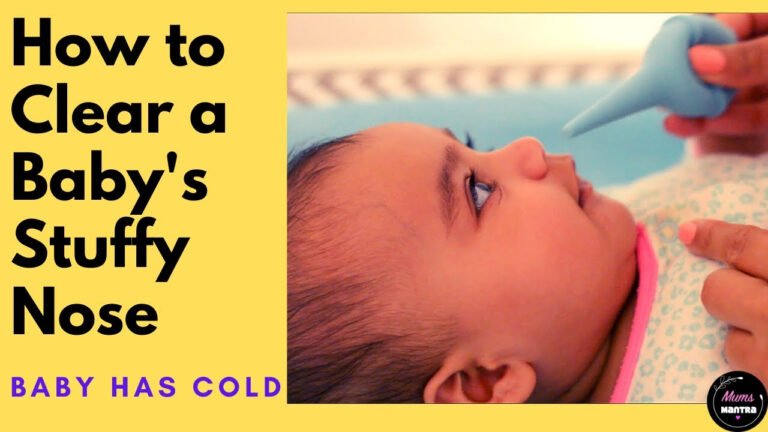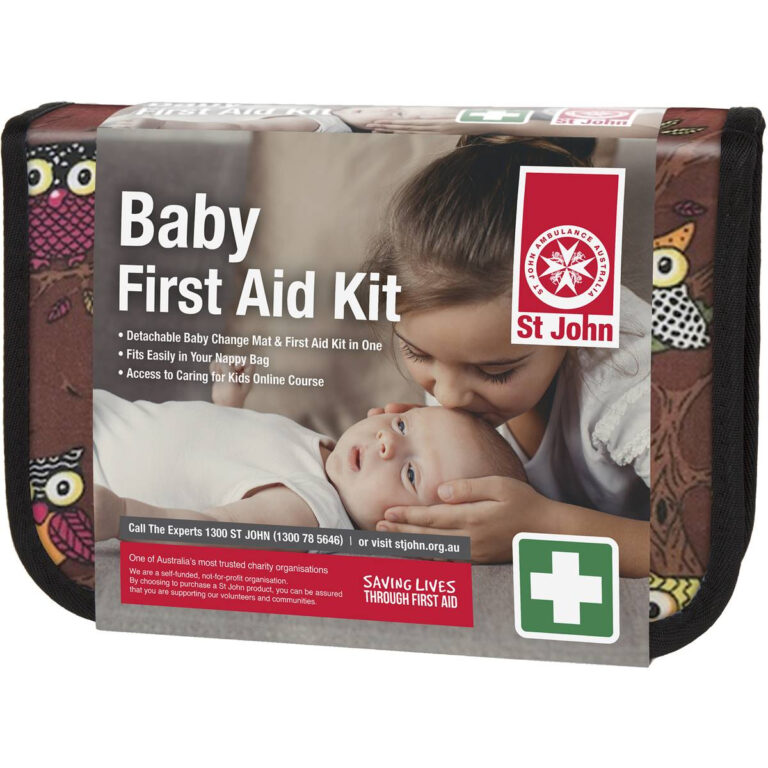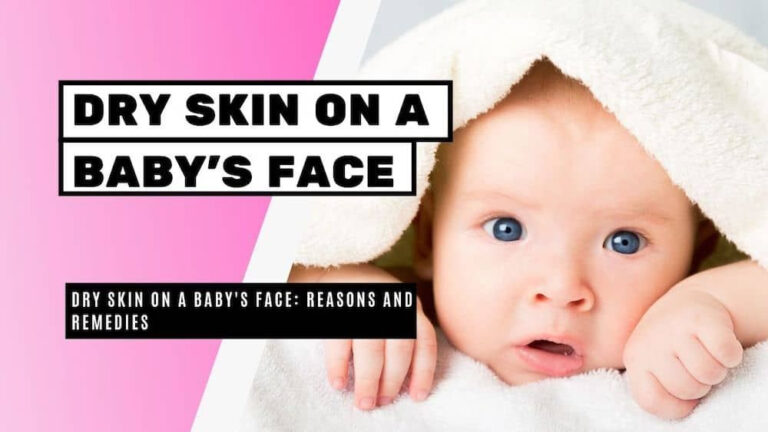Conversation Starters for Kids: Unlocking Communication and Building Connections
Conversation is a vital skill for children, fostering their social, emotional, and cognitive development. Conversation starters are a powerful tool for parents, educators, and caregivers to engage children in meaningful and enjoyable conversations.
This comprehensive guide will provide you with a wealth of conversation starters tailored to different ages, situations, and interests. We’ll explore the benefits of conversation starters, offer tips for encouraging conversation in children, and provide creative ideas for sparking imaginative and thought-provoking discussions.
Conversation Starters for Young Children

Conversation starters play a vital role in developing young children’s language skills, social interactions, and overall cognitive development. By engaging them in meaningful conversations, we provide opportunities for them to express their thoughts, ideas, and feelings, as well as learn from others.
For toddlers and preschoolers, simple and engaging conversation starters can be particularly effective. These starters help them practice their language skills, expand their vocabulary, and develop their social abilities. Here are a few examples:
Conversation Starters for School-Aged Children
Conversation starters can be a valuable tool for parents and educators to engage with school-aged children and encourage their communication skills. By providing children with open-ended questions and topics, we can foster their ability to express themselves, share their thoughts, and develop their conversational abilities.
Conversation Starters for Teenagers
Starting conversations with teenagers can be both challenging and rewarding. They are at a stage in their lives where they are developing their own identities and interests, and they may not always be eager to share their thoughts and feelings with adults. However, there are many ways to engage teenagers in meaningful conversations, and the benefits of doing so are well worth the effort.
Teenagers are often interested in talking about their friends, their schoolwork, their hobbies, and their future plans. They may also have strong opinions on current events or social issues. By showing interest in these topics, adults can help teenagers feel heard and respected, and they can build a foundation for open and honest communication.
Conversation Starters
Here are a few conversation starters that are relevant to teenagers’ interests and experiences:
- What are your favorite subjects in school? Why?
- What are your plans for the weekend?
- What are you most looking forward to about the future?
- What are your favorite hobbies? How did you get started with them?
- What are your favorite movies, TV shows, or music? Why?
- What are your thoughts on current events or social issues?
- What are your dreams and aspirations?
- What are your biggest fears?
- What are your favorite things about being a teenager?
- What are your biggest challenges as a teenager?
Strategies for Engaging Teenagers in Meaningful Conversations
Here are a few strategies for engaging teenagers in meaningful conversations:
- Be respectful of their opinions, even if you don’t agree with them.
- Listen to what they have to say without interrupting.
- Ask open-ended questions that encourage them to share their thoughts and feelings.
- Avoid being judgmental or dismissive.
- Be patient. It may take time for teenagers to open up to you.
Conversation Starters for Different Situations
Conversation starters can be useful in a variety of situations, including family dinners, social gatherings, and school events. By having a few go-to conversation starters in your back pocket, you can ensure that you always have something to talk about, even if you don’t know the people you’re talking to very well.
Here is a table with conversation starters tailored to specific situations:
| Situation | Conversation Starters |
|---|---|
| Family dinners |
|
| Social gatherings |
|
| School events |
|
When adapting conversation starters to different audiences and settings, it’s important to consider the following tips:
- Know your audience. The conversation starters you use will vary depending on who you’re talking to. For example, you wouldn’t use the same conversation starters with a group of adults as you would with a group of children.
- Be respectful. Always be respectful of the people you’re talking to, even if you don’t agree with them. Avoid making offensive or judgmental comments.
- Be yourself. The best conversation starters are the ones that come naturally to you. Don’t try to be someone you’re not.
Creative Conversation Starters
Creative conversation starters encourage imagination, storytelling, and problem-solving skills. They can spark lively discussions and help kids develop their creativity and communication abilities.
Imagination and Storytelling Starters
* Describe a place you’ve never been to, but imagine it in vivid detail.
* Create a character with unique traits and abilities, and tell a story about their adventures.
* Imagine a magical object and discuss its powers and how it could change the world.
Problem-Solving Starters
* If you could solve one world problem, what would it be and how would you do it?
* You’re stranded on a desert island with limited resources. How would you survive?
* Design a new invention that could make life easier or more enjoyable.
Games and Activities
* Storytelling Charades: Act out a story while others guess what it is.
* Improvisation Games: Create scenes and characters on the spot, using prompts or suggestions.
* Creative Writing Exercises: Engage in writing prompts that encourage imagination and storytelling.
Conversation Starters for Building Relationships
Conversation starters play a pivotal role in establishing and nurturing relationships. They provide opportunities to break the ice, foster empathy, and create meaningful connections.
Conversation Starters for Empathy and Understanding
Empathy is the ability to comprehend and share the feelings of others. Engaging in conversations that encourage empathy can help individuals develop a deeper understanding of different perspectives. Consider conversation starters such as:
- What are your aspirations and dreams?
- Share an experience where you felt deeply connected to someone.
- What challenges have you faced and how did you overcome them?
Conversation Starters for Connection
Connection involves building a sense of belonging and shared experiences. Conversations that focus on shared interests, values, and experiences can foster a strong sense of connection. Explore conversation starters like:
- What hobbies or activities bring you joy?
- Is there a particular person who inspires you and why?
- What are your favorite memories and why?
Techniques for Deepening Relationships
Effective use of conversation starters can deepen relationships. Techniques to consider include:
- Active Listening: Pay undivided attention, demonstrate understanding through body language and verbal cues.
- Empathetic Responses: Show empathy by acknowledging and validating the feelings expressed by others.
- Open-Ended Questions: Encourage elaboration and deeper conversations by asking questions that cannot be answered with a simple yes or no.
Q&A
What are the benefits of using conversation starters with children?
Conversation starters help children develop their language skills, social skills, empathy, critical thinking, and imagination.
How can I encourage conversation in young children?
Talk to your child frequently, ask open-ended questions, follow their lead, and provide positive reinforcement.
What are some creative conversation starters for teenagers?
Ask about their favorite social media trends, discuss current events, explore their hobbies, or engage in thought-provoking hypothetical scenarios.
How can I adapt conversation starters to different situations?
Consider the audience, setting, and purpose of the conversation. Adjust the language, topics, and tone accordingly.





